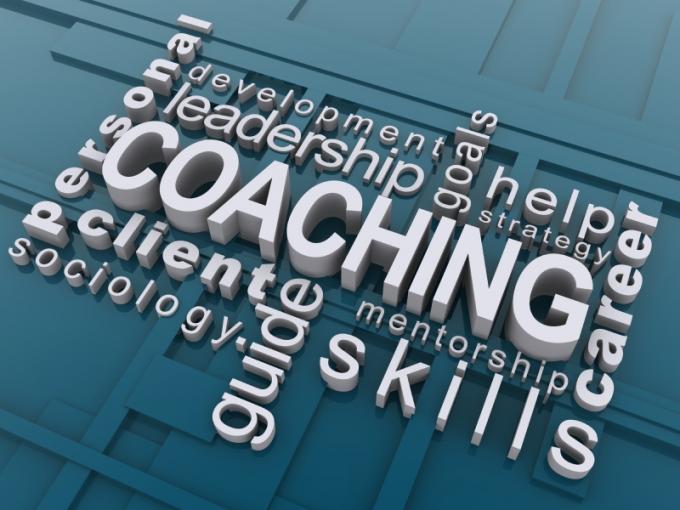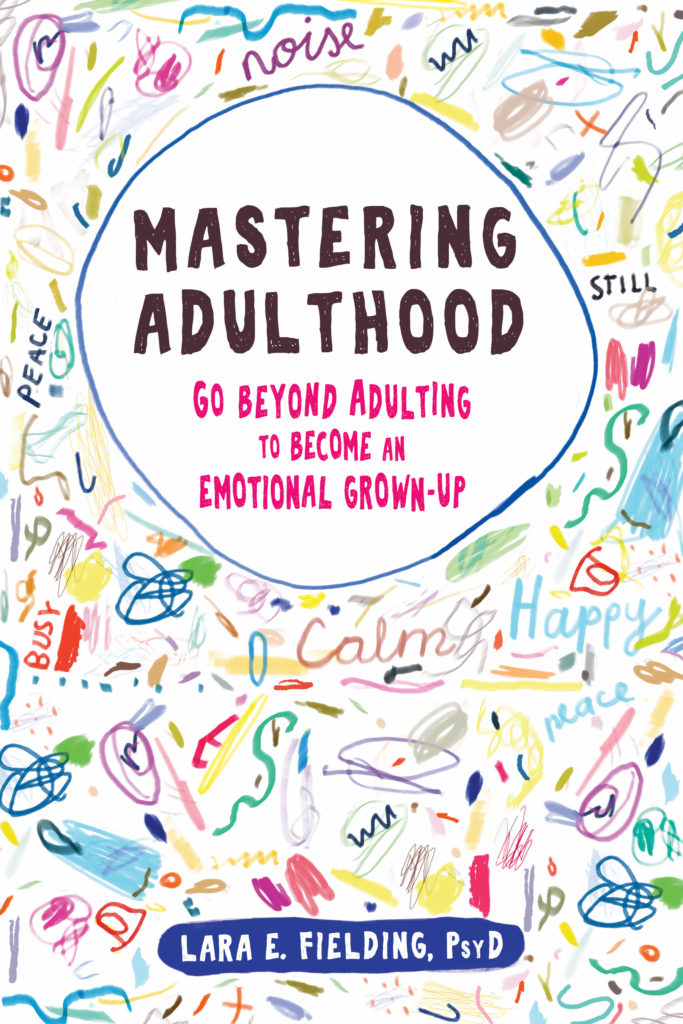Recently I began a new blog series on PsychCentral. The Mindfulness for Millennials blog will be going through all the skills and information I teach in session, step by step.
As the first blog, by means of introduction, I’d like to share with you a bit about what Mindful-Mastery is, and why I am reaching out to Millennials from the heart.
The first thing I would like to clarify is that Mindful-Mastery is not just for problems with difficult emotions. It is an ongoing practice, a way of being: a life style, which promotes wellbeing. Each and every one of us has easy days and difficult days. Some days the challenges of living roll off our backs with no problem. Other days, we can’t seem to get our act together, but we don’t know why. So, whether you are having more of one or the other, Mindful-Mastery provides you with a set of skills to actively practice, which will make it easier to move through life’s difficulties successfully.
Mindful-Mastery is a process of self-exploration, knowledge, and skillfulness. The foundation is based on a combination of the psychological and physiological sciences, which I have incorporated into my work with young adults in my private practice. This blog will be an ongoing description of the processes and exercises I teach my clients, so that you may practice them at home.
3 Steps in the Process of Mindful-Mastery:
• Self Exploration: The first step is to know a bit about yourself. What are your strengths and weaknesses? In what types of situations do you thrive or struggle? What types of thoughts and emotions bother you? And how do you cope with these things? Future posts will include exercises to help guide you in this process of self exploration.
• Knowledge: In this step, you will learn about the basic workings of how all minds and bodies interact to create certain experiences. Blogs on this topic will help you to understand that much of what you experience is completely normal. Emotions – Thoughts – Action tendencies interact and influence each other. You will learn about the paradox in the ETA system, which contributes to getting stuck and out of balance.
• Skills: With an understanding of the first two processes, you can learn new skills for working with the ETA system. Often times, what feels like the right thing to do with each piece of the system, actually contributes to more difficulties. As with any skill, in order to master them, and override the paradox of the ETA system, you will need to practice, practice, practice!
Why Mindful-Mastery for Millennials?
Many people I consulted with cautioned me, “Don’t use the term Millennials!” They worried that young adults (ages 20-34) may feel stereotyped by the term. Because, let’s face it, Millennials have been getting a pretty bad wrap in some publications.
Let’s just say it right here. Too many people have gotten on the bandwagon of deriding Millennials to be “entitled,” “lazy,” even “Narcissistic!” But these harsh, over general stereotypes are twisting the facts. Furthermore, they are not at all helpful in helping young people to transcend the objectively different and difficult environment in which you have come into adulthood.
I chose to forego warnings to avoid the term Millennials, because early adulthood is an objectively difficult period of transition. It has always been fraught with difficulties, but certain conditions about the millennial transition, is making it more so. If you have an opinion to share about the use of the term Millennials, I hope you will join the conversation, and share your thoughts in the comments section.
From the Heart:
I became a psychologist to learn why some people thrive, while others flounder in the face of life’s challenges. I wanted to know because, when I was a young adult, I watched many of the people I knew and loved, suffer as they got caught in the paradox noted above. Before I became a psychologist, I was powerless to help.
Frankly, 20 years ago, when I was entering adulthood, professionals did not have this understanding yet either. But now, with the power of a scientific understanding of the underlying mechanisms, we are more empowered than ever before!
In my private practice, I share more about my own experience than in traditional psychotherapy. The intention of this self-disclosure is, not self-serving, but to emphasize 2 important guiding principles in mindfulness based skills:
1. The processes of the mind-body interaction are universal, and
2. Skills can be learned, practiced, and mastered, which can help us to better manage life difficulties.
Mindful-Mastery skills can help you, or a Millennial you love and care for, to master the paradox of the mind-body system, and keep moving towards your unique life purpose!
Mindful-Mastery skills can help you, or a Millennial you love and care for, to master the paradox of the mind-body system, and keep moving towards your unique life purpose! If you would like to receive updates to guide your self-exploration, knowledge, and skills, subscribe to the Mindful-Mastery blog RSS feed. Or follow me on Facebook, Twitter, or Instagram!


